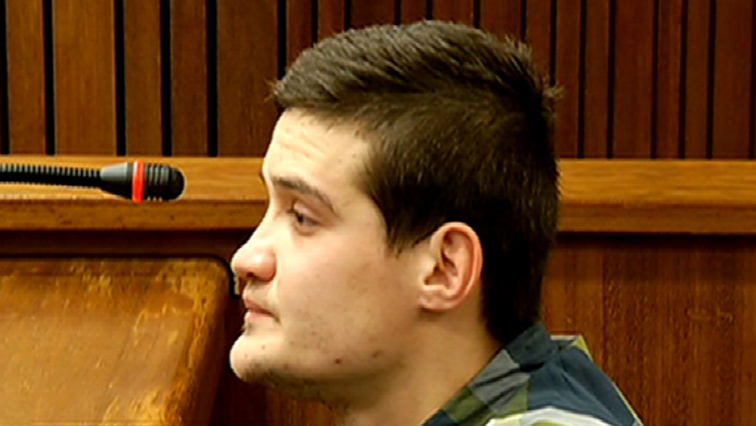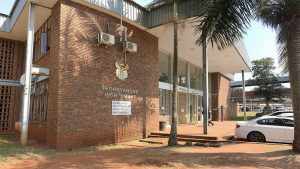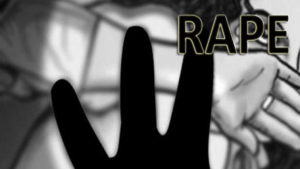Convicted child rapist, Nicholas Ninow is expected to apply for leave to appeal his conviction in the High Court in Pretoria.
Ninow was sentenced to life imprisonment in October last year after he raped a seven-year-old in a toilet at a Dros restaurant in Silverton, Pretoria, in 2018.
He is currently serving his term at the Kgsoi Mampuru Correctional Services C-Max section. After serving just five months of his life term imprisonment, Ninow is back in court.
It is not clear whether Ninow, who pleaded guilty to raping the then seven-year-old girl, will be applying to appeal his conviction, sentence or both.
Civil society groups have reacted with dismay to Ninow’s unprecedented return to the High Court.
#NotInMyName has denounced the application, saying this application should have been dismissed immediately.
The National Prosecuting Authority has indicated it will be opposing Ninow’s application.
Ninow apologises
Ninow apologised to the rape survivor and his own family.
He told the Pretoria High Court that he would like to be given a chance to work towards leading a better life.
He delivered an emotional testimony at the court, providing his version of events that led to him raping the seven-year-old girl.
In the video below, SABC News reporter Molemo-waOne Mothoa gives us more detail regarding Ninow’s testimony:
Ninow’s mother speaks
Last year October, 10 days after Ninow was sentenced to life imprisonment, his mother spoke exclusively to SABC News about the hours leading up to the crime.
Below is a video of Chantal Ninow admitting to using drugs more than once with her son:
SABC News faced backlash for the interview from amongst others, organisers such as #NotInMyNameSA.
The interview also sparked huge debate on Social Media, with many questioning the merits of the interview.
In the video below, #NotInMyNameSA Head of Communications, Mo Senne shares his concerns about the interview:
Viewers approached the Broadcasting Complaints Commission of South Africa angered by the SABC’s decision to air an interview with the mother of the convicted child rapist.
Outrage over the interview has been widespread and has brought questions to the fore about editorial decisions on whether some stories should be told or not.
Journalist and Media Communications Specialist Lecturer at the Tshwane University of Technology, Tshamano Makhadi unpacks the dilemma:
The Broadcasting Complaints Commission of South Africa (BCCSA) dismissed complaints received from the public.
The BCCSA cited that the basis of these complaints were that the “broadcast of an interview with the mother of a convicted child rapist amounts to the glamorisation of violence and the advocacy of hatred based on race and gender”.






